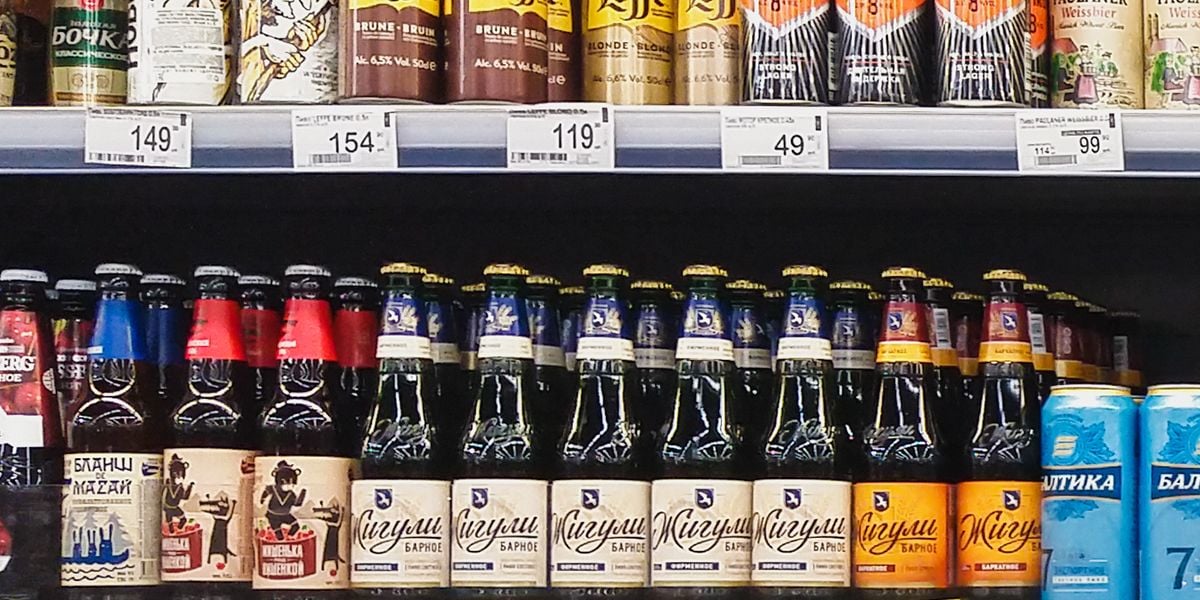As alcohol-free beer continues its rise in popularity, a new study has raised concerns that these beverages may not be the healthy alternative many believe them to be.
Despite their growing reputation as a better option than traditional alcoholic drinks, researchers have found that consuming just two bottles of alcohol-free beer per day could negatively affect metabolic health.
Specifically, the study reported elevated blood sugar levels and increased insulin in participants – both early indicators of type 2 diabetes.
The study also found that certain varieties of low or no-alcohol beer caused a rise in harmful blood fats, including LDL cholesterol and triglycerides, both of which are known contributors to heart disease.
- GLP1 weight loss drugs could reduce alcohol intake
- Poor mental health triggered by alcohol and social media
In addition, many alcohol-free beers contain a surprisingly high number of calories, potentially increasing the risk of weight gain and obesity.
Alcohol-free beer sales in UK pubs soared to 120 million pints in 2023 – a 14% increase from the previous year, and a staggering 77.8% jump since 2019.
This growth reflects a nationwide shift toward reduced alcohol consumption, particularly among health-conscious consumers.
However, the new findings suggest that while cutting out alcohol may reduce certain health risks, switching to non-alcoholic beer is not a foolproof solution.
The research, conducted by teams in Germany and the US, tracked 44 healthy young men who were assigned to drink either two 330ml bottles of alcohol-free beer or water daily for four weeks.
Blood tests conducted throughout the study revealed notable changes in the group consuming the beer.
- Call on MPs to Reject Freebies from Junk Food, Alcohol and Tobacco Industries
- Diabetes, pollution and alcohol biggest modifiable risk factors for dementia
The results showed that certain types of alcohol-free beer – especially wheat beers and flavoured varieties mixed with fruit sodas – had the most pronounced negative impact.
Meanwhile, lighter Pilsner-style beers with very low alcohol content (0.5% or less) were linked to fewer adverse effects, though they were not without risk.
While choosing alcohol-free options may still be a step in the right direction for those trying to reduce alcohol intake, this research suggests that moderation remains key – even with drinks marketed as healthier.
The researchers said: “Non-alcoholic beer is increasingly consumed as an alternative to alcoholic drinks. But the benefits and risks are not yet known.
“We found they have an unfavourable effect on metabolism, mainly driven by their calorie and sugar content.”







